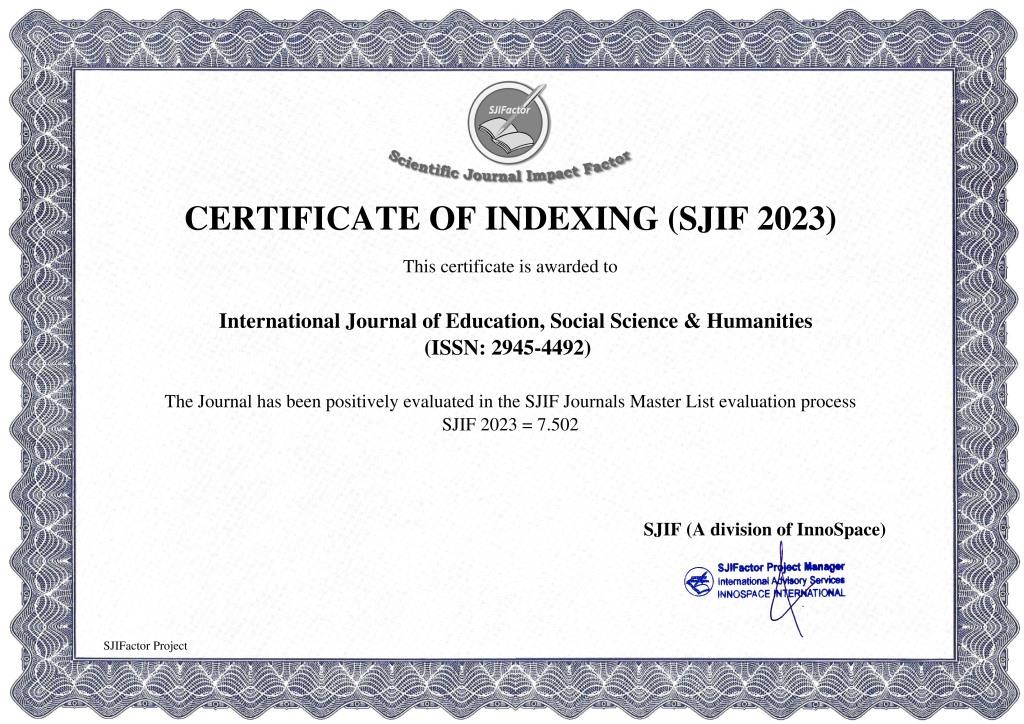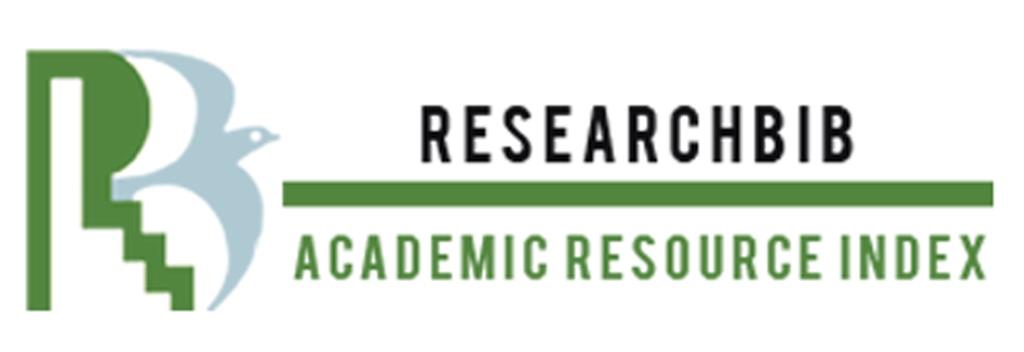HARNESSING EMERGING TECHNOLOGIES TO COMBAT CORRUPTION AND INCREASE TRANSPARENCY IN GOVERNMENT
Keywords:
corruption, anti-corruption, e-government, big data, analytics, blockchain, transparency, accountability, technologyAbstract
Corruption remains a major challenge facing governments worldwide, undermining development, reducing trust in public institutions, and hindering the effective delivery of services. This article examines how emerging technologies like e-government services, big data analytics, and blockchain hold promise to help curb corruption and improve transparency and accountability in the public sector. An overview is provided of corruption’s impacts and the role technology can play in anti-corruption efforts. The unique capabilities of e-government, big data, and blockchain to reduce bureaucratic red tape, detect fraud and misuse of funds, decrease human intervention in processes, and increase visibility into government operations are analyzed. Examples are presented of successful implementation of these technologies for anti-corruption purposes in countries like India, South Korea, and Georgia. Challenges and limitations of these technologies are also discussed, including privacy tradeoffs, automation biases, and access barriers in developing countries. The article concludes that, while not a magic bullet solution, emerging technologies enable new approaches and tools for combating corruption globally if harnessed responsibly. Further research is needed to develop context-specific implementation strategies and frameworks to maximize their benefits while mitigating risks.
References
Rothstein, B. O., & Varraich, A. (2017). Making sense of corruption. Cambridge University Press.
International Anti-Corruption Day 2021: Achieving 2030 Agenda through Accountability. (2021). Transparency International. https://www.transparency.org/en/news/international-anti-corruption-day-2021-achieving-2030-agenda-through-accountability
Rose-Ackerman, S., & Palifka, B. J. (2016). Corruption and government: Causes, consequences, and reform. Cambridge university press.
SDG16 Data Initiative 2017 Global Report (Rep.). (2017). Transparency International.
Zalnieriute, M., & Schneider, T. (2019). ICTECH: How can technology enable anti-corruption compliance?. The Royal United Services Institute for Defence and Security Studies.
Gasco, M. (2017). E-government and anti-corruption: The state of the art and conceptual frameworks. In Handbook of research on information communication technology policy: Trends, issues and advancements (pp. 463-479). IGI Global.
Bhatnagar, S. (2003). E-government and access to information. Global Corruption Report, 24.
Lewis-Faupel, S., Neggers, Y., Olken, B. A., & Pande, R. (2016). Can electronic procurement improve infrastructure provision? evidence from public works in India and Indonesia. American Economic Journal: Economic Policy, 8(3), 258-83.
E-Procurement as a Tool for Efficient Public Procurement (Rep.). (2013). KPMG. https://assets.kpmg/content/dam/kpmg/pdf/2013/07/e-procurement-v6.pdf
Why open government matters. (2019). OECD. https://www.oecd.org/gov/innovative-government/open-government-guide.pdf
Pathak, R. D., Singh, G., Belwal, R., & Smith, R. F. I. (2007). E‐governance and corruption‐developments and issues in Ethiopia. Public Organization Review, 7(3), 195-208.
Moustaka, V., Theodosiou, Z., & Vakali, A. (2018). Big data analytics and e-government: a literature review. International Journal of Social, Behavioral, Educational, Economic, Business and Industrial Engineering, 12(1).
Ferwerda, J., Deleanu, I., & Unger, B. (2017). Corruption in public procurement: finding the right indicators. European Journal on Criminal Policy and Research, 23(2), 245-267.
Jun, K. N., & Hwang, I. S. (2019). Linking big data analysis with community-led action: Seoul's experience. Development in Practice, 29(8), 1028-1036.
Ølnes, S. (2016). Beyond Bitcoin Enabling Smart Government Using Blockchain Technology.
Hwang, J., Choi, M. I., & Lee, T. (2019). Blockchain as an infrastructure for trust: A systematic literature review and future research agenda. KAIST College of Business Research Paper, (18-42).
Alberto, B., & Mejia, C. (2018). Blockchain in Colombia: navigating new opportunities. Inter-American Development Bank.
Bannister, F., & Connolly, R. (2014). ICT, public values and transformative government: A framework and programme for research. Government Information Quarterly, 31(1), 119-128.
O’Dair, M. (2019). Decentralized blockchain technology and the rise of lex cryptographia. In Consumer Law and Socioeconomic Development (pp. 441-473). Springer, Cham.














